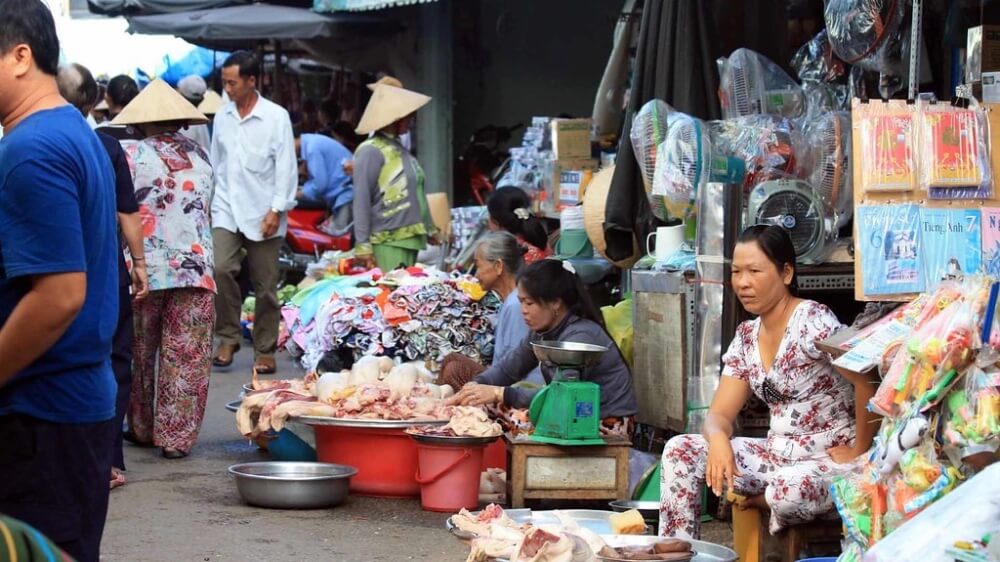Vietnam has officially banned illegal wildlife markets and imports due to the COVID-19 outbreak.
The country’s Prime Minister, Nguyen Xuan Phuc, signed a new directive on July 23, closing illegal wildlife markets. It also bans wildlife imports with certain exemptions.
In March, Phuc requested that the Ministry of Agriculture and Rural Development draft the directive. The request followed pressure from 14 conservationist nonprofits.
In February, the coalition submitted an open letter to the prime minister calling for the ban. Organizations included Humane Society International (HSI), the World Wildlife Fund, Save Vietnam Wildlife, Wildlife Conservation Society, and Pan Nature.
Adam Peyman, HSI’s Programs and Operations Manager for the Wildlife Department, told LIVEKINDLY Vietnam previously halted all wildlife imports on January 28 in response to the coronavirus outbreak.
“Vietnam’s directive clearly shows the government’s commitment to eradicating illegal wildlife trade and consumption,” Phuong Tham, HSI Vietnam’s director, said in a press release. The directive also discourages citizens from “illegally hunting, catching, buying, selling, transporting, slaughtering, consuming, storing, and advertising wildlife.”
However, because the ban doesn’t address domestic wildlife markets, Peyman says it could have done more “to clamp down on [the] domestic wildlife trade.”
Experts believe the coronavirus originated in a market in Wuhan, China. They have also linked a number of other infectious disease outbreaks to the illegal wildlife trade. These include SARS and the Ebola virus.
According to HSI, an estimated 75 percent of all emerging infectious diseases are zoonotic.
Banning the Wildlife Trade
Peyman says wildlife markets that sell live animals are breeding grounds for zoonotic diseases. “Animals are often kept in cramped, filthy cages and people can come in contact with bodily fluids like blood and excrement from these animals,” he explained.
Wildlife markets also put many species at risk of extinction. “Wildlife markets are dangerous because they serve as an avenue for the promotion of buying and selling wild animals, which can lead to overexploitation of species, pushing some to the brink of extinction,” he said.
Vietnam isn’t the only country taking action against the illegal wildlife trade.
In February, China banned the sale and consumption of wild animal meat after it was linked to the spread of the outbreak. Zhang Tiewei, a spokesman for the Legislative Affairs Commission, said the ban is a “critical moment for the epidemic prevention and control.”
HSI hopes more countries will follow suit in banning the consumption and exploitation of wildlife. Teresa Telecky, HSI’s vice president of wildlife, believes Vietnam’s directive will help minimize the risk of future outbreaks.
“Wildlife markets worldwide are a petri dish for the next global pandemic. So this directive opens a way for Vietnam to end illegal wildlife trade. [It] also help global efforts to prevent the next global pandemic from happening,” she said.


